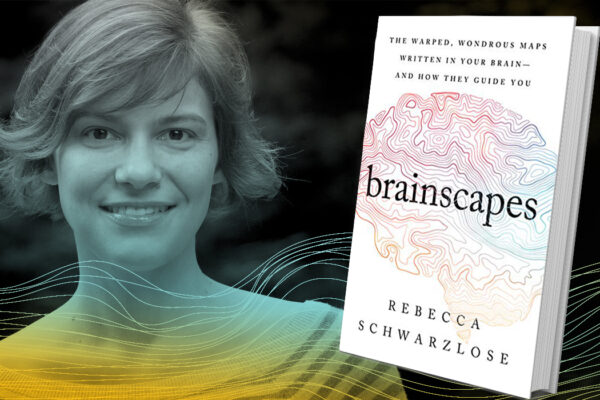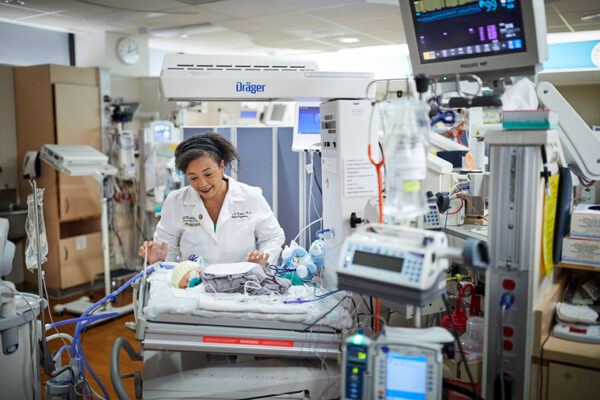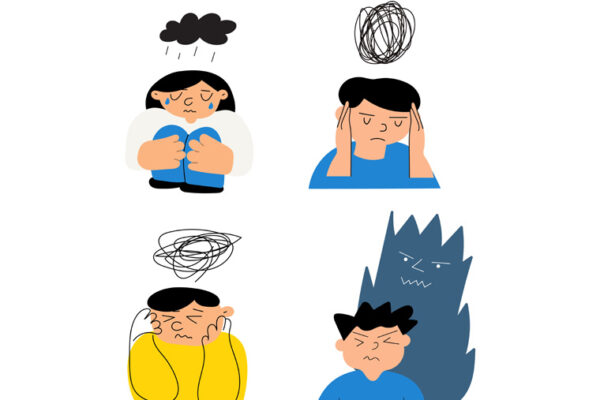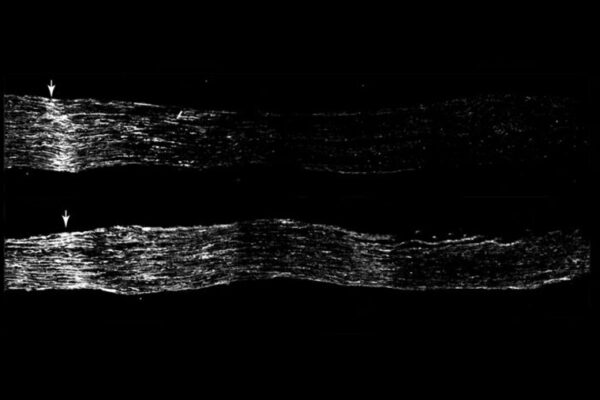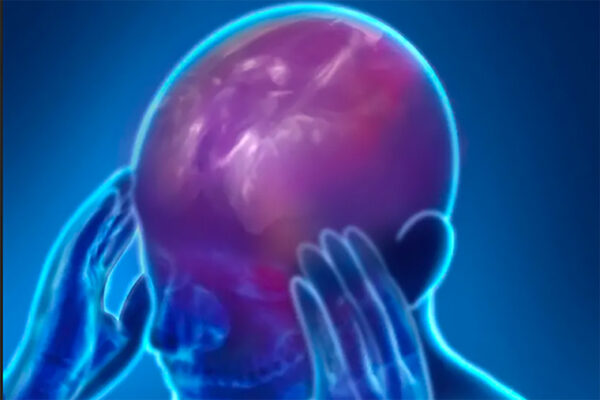Craver wins National Science Foundation grant
Carl F. Craver, a professor of philosophy and of philosophy-neuroscience-psychology in Arts & Sciences, has won a grant of $282,603 from the National Science Foundation for research on time and episodic memory.
Predicting the chaos in Tourette syndrome tics
Interdisciplinary research from Washington University in St. Louis has uncovered a pattern in the tics associated with Tourette syndrome.
Herzog to test how cortical neurons, hormones regulate daily patterns of behavior
A five-year nearly $2 million project led by biologist Erik Herzog in Arts & Sciences will use machine learning and other tools to improve understanding of how the brain is organized as a network of synchronized circadian cells.
Mapping the brain
Our brains make maps to help navigate the world. In her latest book, Rebecca Schwarzlose examines how these maps shape our world.
Undergraduate Antony wins neuroscience award
Irene Antony, a neuroscience major in Arts & Sciences at Washington University in St. Louis, won the Trainee Professional Development Award from the Society for Neuroscience.
Prenatal, early-life influences on child brain development focus of new study
Researchers at Washington University School of Medicine are joining scientists around the country to conduct a study aimed at understanding how prenatal factors and early life experiences influence brain development and behavior in young children.
Persistent, distressing psychotic-like experiences associated with impairment in youth
Research from the lab of Deanna Barch shows that youth who indicate they have persistent, distressing psychotic-like episodes show impairment in a variety of areas.
Hit the sleep ‘sweet spot’ to keep brain sharp
Older adults who sleep short or long experienced greater cognitive decline than those who sleep a moderate amount, even when the effects of early Alzheimer’s disease were taken into account, according to a study by researchers at Washington University School of Medicine.
Drug helps sensory neurons regrow in the mouse central nervous system
Researchers at Washington University School of Medicine have discovered that an FDA-approved drug acts on support cells in the central nervous system to encourage sensory neurons to regrow after injury.
Emotional aspects of chronic pain isolated in brain circuitry
Researchers at Washington University School of Medicine have identified circuitry in the brain that appears to link pain to negative emotional states. The findings, published in Nature Neuroscience, could lead to new treatments.
Older Stories



